Louisville is great. Such a nice break from the clamor of DC. I think I am nearly qualified to make this call because I have been going to Louisville half a dozen times per year for a few years now, and I have now hit all the top 50 or so bars and restaurants. I just got back from a 10 day stay.
Some highlights of course are the great people at Flavorman, Moonshine University, Challenge Bottling, Grease Monkey Distillery, and the Distilled Spirits Epicenter (all seeming to be one big happy family).
Another highlight was speaking at ADI. More on that in a few days.
A major highlight was meeting Tom Cunningham and Simon Fleischmann from Locke Lord (a big Chicago law firm). They are handling some of the whiskey disputes, on the defense side, and I learned more about class action lawsuits during a few drinks with them, and their speech, as compared to three years in law school. For those who missed the boat on attending the 2015 ADI convention, here is a summary of Locke Lord’s presentation, Spirits Industry Under Fire: What You Need to Know About Class Action Litigation.
The most illuminating parts of this booklet (a companion to the speech), in my opinion, are as follows:
- Plaintiff class action lawyers thrive on ambiguity in the law and jump in where regulators don’t. For example, the federal government has not done much with defining such basic concepts as “natural” or “handmade” and so this part of the bar jumps in — in the form of actions such as the Skinnygirl and Tito lawsuits.
- In startlingly strong language, the Locke lawyers assert:
Plaintiffs’ class action attorneys by and large don’t care whether your product is truly “handmade” or made in “small batches” or is “craft.” They trade in what is essentially blackmail and terrorism. If they have a basis for alleging that your product is not what you claim it to be, even if you fervently believe that it is, they will sue you. Very few cases go to trial. Especially class action cases, which can easily kill a company. They have the power to put you out of business simply by making a claim. Therefore, you are likely to pay them to simply drop their claim, even if it’s bogus.
- Not big fans of their brethren on the other side of the class action bar, and with refreshing candor, the Chicago lawyers explain:
Plaintiffs’ class action attorneys are either inherently lazy or extremely efficient, depending on your perspective. For most of them, the goal is to maximize their fees by expending the least amount of effort. They are a creative breed of attorney, but after one comes up with a legal theory that pays off, others will tend to simply file copycat cases and “paint by numbers” to receive their reward.
- The same lawyer and plaintiff are behind many of the cases: Templeton, WhistlePig, Angel’s Envy, and Tin Cup. There is also a herd mentality.
If these cases are settled with any significant amount of attorneys’ fees recovered, many more cases will likely follow. Any spirits producer who uses ambiguous terms on its label or in its marketing will likely be a target. More plaintiffs’ attorneys will join the frenzy. Big settlements are like blood in the water – they will attract more sharks.
- The truth is not always a complete defense and it’s not only falsity that puts the blood in the water.
Knowing where you cross the line between [puffery and deception] is an art, not a science. That line is fuzzy. A claim does not need to be outright “false” to be actionable … [If] it tends to be misleading or deceptive, even if strictly true, a plaintiffs’ class action lawyer will likely seize upon it and file a lawsuit.
- Easy precautions are avoiding risky or ambiguous claims, being transparent, and having a knowledgeable person review your marketing materials. You can also trip up the herd by changing your labels periodically — making it much harder for the herd to declare that all in the nationwide class suffered on account of the same labels and claims.
- Another strategy is to block the plaintiffs’ effort to certify a class.
If a plaintiff is suing for disgorgement of the proceeds of the allegedly deceptive marketing, which the plaintiff argues is $5 per bottle, and you have sold 1,000,000 bottles of your product, the exposure is $5 million if a class is certified that consists of everyone who purchased those 1,000,000 bottles. But if the court decides that the case is not appropriate for class certification, the plaintiff’s damages are $5. The case is a serious threat if a class is certified, and no threat at all if one is not certified. So even if you were to lose the case on its merits, if no class is certified you still “win.” [But, because of] the typically high potential exposure and the high cost to defend these cases, the plaintiffs’ attorneys don’t really need to win. All they have to do is survive that initial motion to dismiss and they will be in a position to use their leverage to negotiate a lucrative settlement. Essentially, you can’t win. If you get sued, you’ve already lost, unless you happen to have a very deep pocket. And even then, you still lose. … It is a dirty business.
I reached out to Simon and Tom to ask what is new during the past few weeks in these matters. They pointed out:
-
The Tito’s vodka plaintiffs are seeking to consolidate a handful of Tito cases as of a few days ago. Consolidating class actions makes a lot of sense. When multiple cases are filed in different places, the defendant has to fight the same battle numerous times. An argument that carries the day in one judge’s courtroom might not carry the day in another. Multiple cases also expose witnesses to multiple depositions. The plaintiff’s lawyer gets the advantage of reviewing the first transcript and using it to develop better or more clever questions in the next deposition. For these reasons and others, having all the cases brought together in a single courtroom is a sound defense strategy. It often also helps facilitate a settlement.
-
In other news, while the pace of the new class action filings has slowed, they continue to be filed. Breckenridge Distilling was sued in Chicago by one of the groups of lawyers that previously sued Templeton Rye. In addition, Anheuser-Busch has been sued in an interesting “hybrid” case that includes aspects of the numerous “Made in the USA” cases that have plagued other manufacturing industries for several years and the cases against the spirits industry that involve claims related to the sourcing of ingredients from places other than the place the product is “made.” Fully briefed motions to dismiss are pending in the majority of the cases against the spirits industry. The next six months should see a number of opinions that will give us a good idea of where these cases are headed. If judges generally accept the defendants’ arguments, we may see the wave of cases against the industry dissipate. If judges generally reject those theories, we expect to see more cases filed.
We will continue to watch all these cases closely because when it comes to alcohol beverages, “the herd’s” actions are as important as anything the federal government is doing. That is new and epochal.
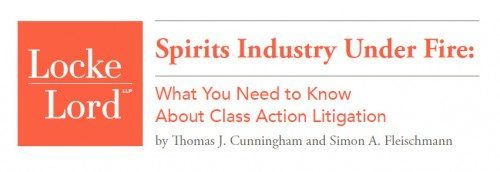
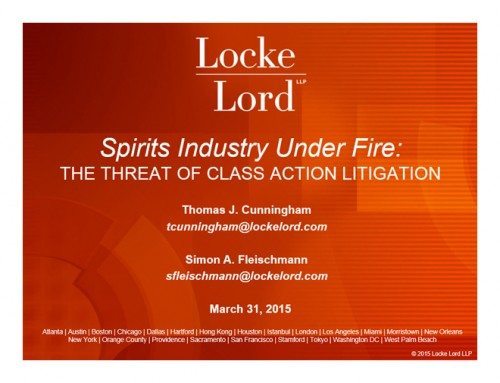
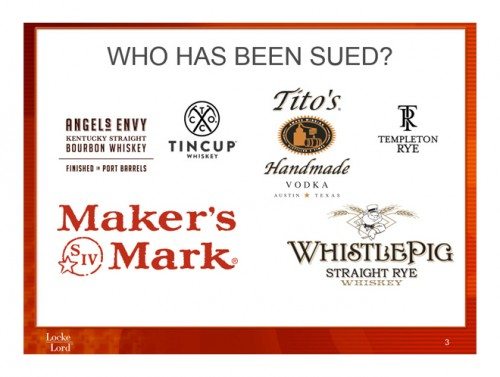
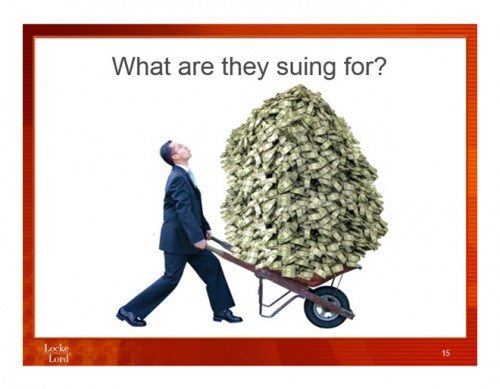
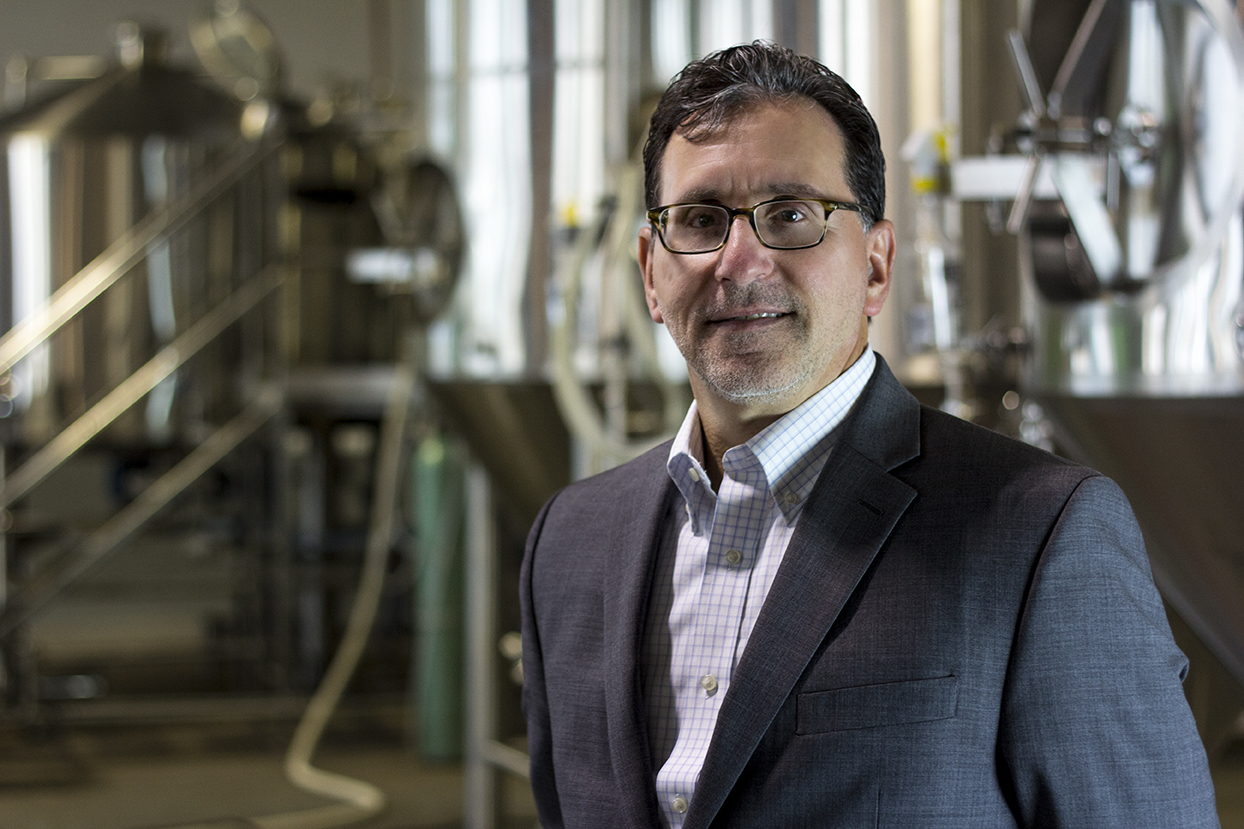


Leave a Reply